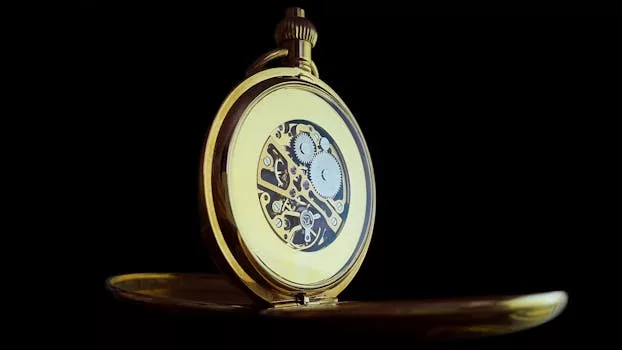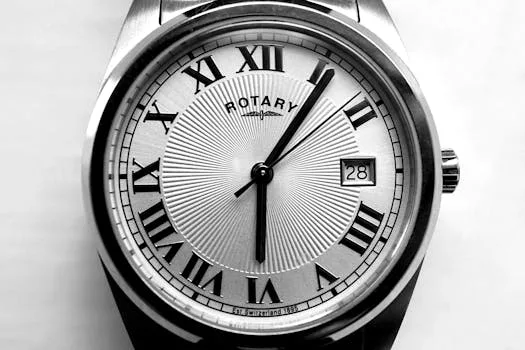Understanding Watch Movements: Mechanical vs. Quartz Explained
Takeaways: This article delves into the two primary types of watch movements: mechanical and quartz. Mechanical watches are powered by intricate gears and springs, offering craftsmanship and tradition. In contrast, quartz watches utilize battery power and are known for their accuracy and low maintenance. Understanding these differences can help you choose the right watch that fits your lifestyle and preferences.
Watches are not just tools for telling time; they are intricate pieces of engineering and art. When it comes to timekeeping, the movement of the watch is one of the most critical components. The movement determines how a watch operates and how it keeps time. In the world of horology, the two most prominent types of watch movements are mechanical and quartz. This article aims to provide a comprehensive understanding of both types, highlighting their unique features, advantages, and drawbacks.
Mechanical Watches

Manual Mechanical Watches
Manual mechanical watches require the wearer to wind the crown regularly. This action tightens the mainspring, which powers the movement of the watch. The energy stored in the mainspring is gradually released to power the gears that move the watch hands. Enthusiasts appreciate manual watches for their craftsmanship and the connection they create between the wearer and the watch.
Automatic Mechanical Watches
Automatic watches, also known as self-winding watches, are a subset of mechanical watches. They have a rotor, a semi-circular piece of metal that moves with the wearer’s wrist motion. As the rotor spins, it winds the mainspring automatically, eliminating the need for manual winding as long as the watch is worn regularly. This feature makes automatic watches convenient while still retaining the charm of mechanical engineering.
Advantages of Mechanical Watches
- Craftsmanship: Mechanical watches are often handcrafted and showcase intricate designs.
- Longevity: With proper maintenance, mechanical watches can last for generations.
- Emotional Connection: Winding a mechanical watch or wearing it regularly can create a bond between the owner and the timepiece.
Drawbacks of Mechanical Watches
- Accuracy: Mechanical watches are generally less accurate than quartz watches, especially over time.
- Maintenance: They require regular servicing to ensure they function correctly.
- Cost: High-quality mechanical watches can be significantly more expensive than quartz alternatives.
Quartz Watches

How Quartz Watches Work
The battery sends an electrical current through the quartz crystal, causing it to vibrate. These vibrations are converted into regular pulses that drive the watch hands. The accuracy of quartz watches can be measured in seconds per month, making them one of the most precise options available.
Advantages of Quartz Watches
- Accuracy: Quartz watches are highly accurate and require less frequent adjustments.
- Low Maintenance: They generally require less upkeep than mechanical watches.
- Affordability: Quartz watches are often more affordable than their mechanical counterparts.
Drawbacks of Quartz Watches
- Less Craftsmanship: Many quartz watches are mass-produced, lacking the artisanal touch of mechanical watches.
- Battery Dependency: They require battery replacements every few years.
- Less Emotional Connection: The automated nature can lead to a lesser emotional bond compared to winding a mechanical watch.
Conclusion








